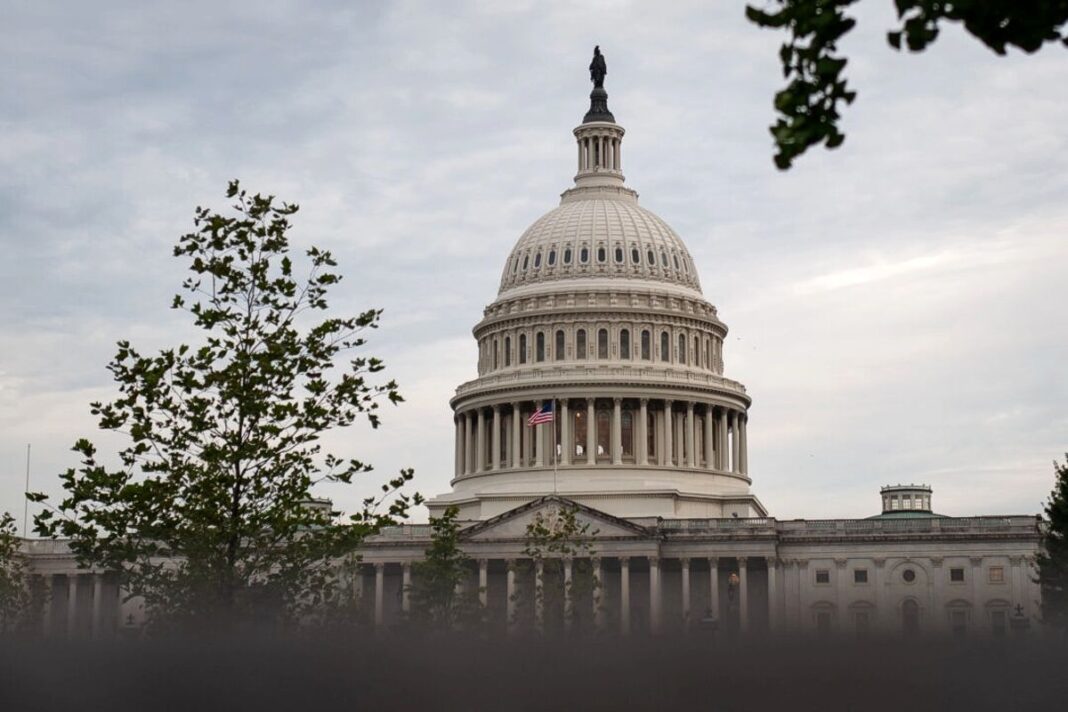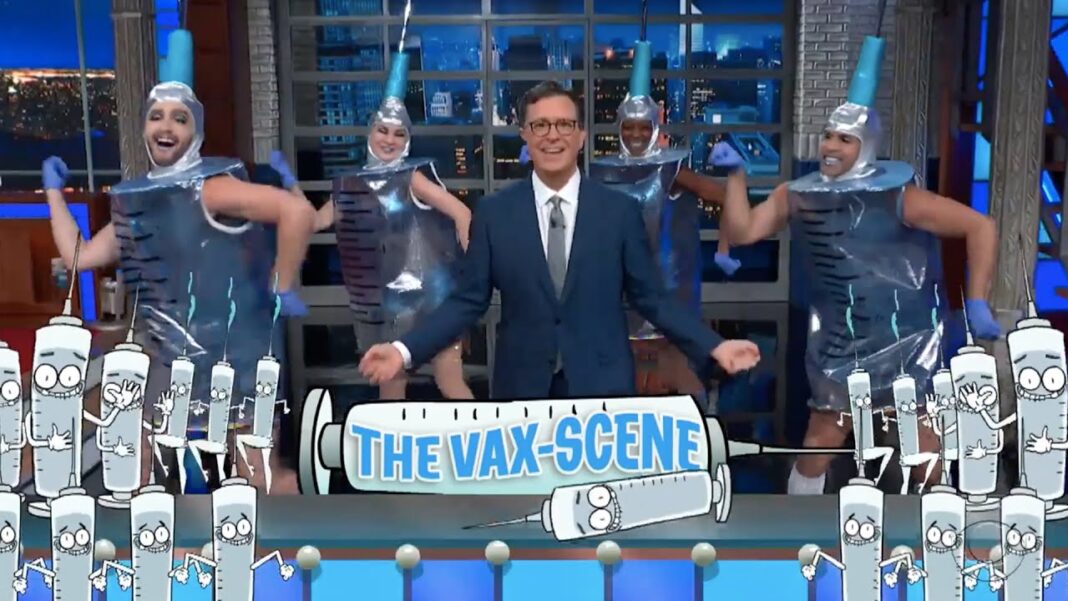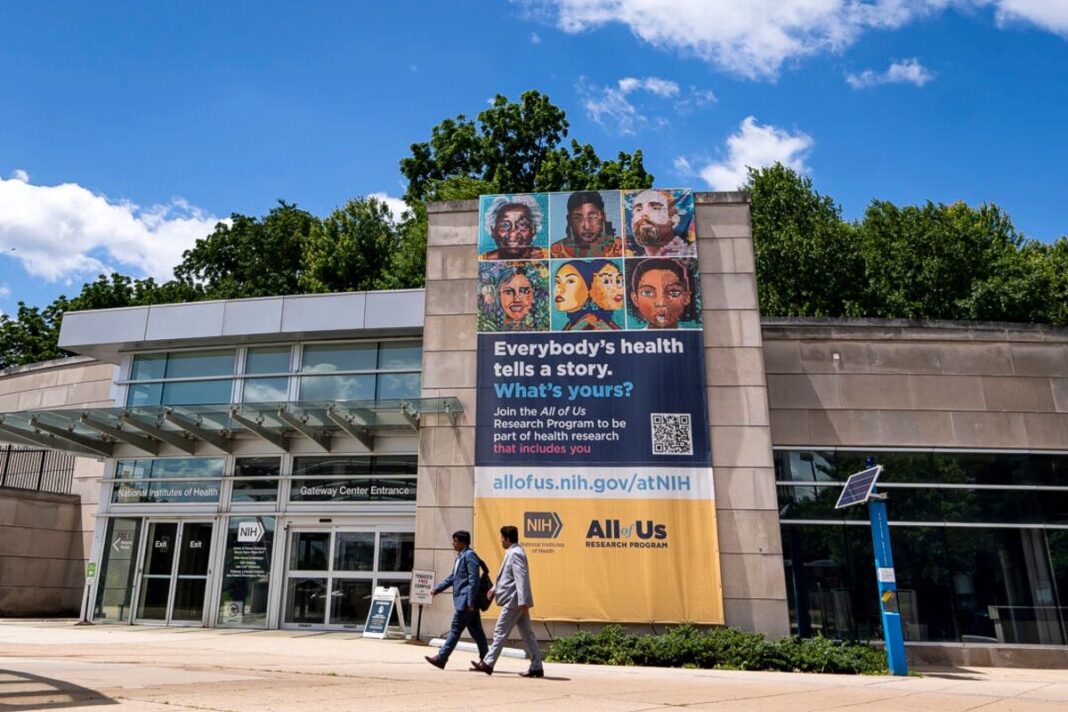Past shutdowns—including over DACA, Obamacare, and social program funding—show how partisan disagreements can halt government services.
The government appears headed for a shutdown on Oct. 1, with Republicans and Democrats failing to reach a deal on a short-term spending plan.
The White House and Republicans were seeking a stopgap bill to fund the government through Nov. 21 to give lawmakers more time to negotiate and pass 12 appropriation bills for this fiscal year.
Democrats have rejected the GOP stopgap plan and demanded changes to health care policies, including an extension to Obamacare subsidies that are due to expire at the end of this year.
In response, President Donald Trump and Republicans have said that they’re listening to negotiate with Democrats on health care, but not when it’s used as a bargaining chip in shutdown talks.
Here’s a look at some of the most recent shutdowns.
December 2018-January 2019: The Border Wall
The longest shutdown occurred during Trump’s first term, when the GOP refused to vote for a bill unless it included funding for a wall at the U.S.-Mexico border. Democrats had regained control of the House in the 2018 midterms and assumed control in the middle of the shutdown.
In addition to a month of delayed paychecks for federal workers, the closure affected the stability of the nation’s airports.
After 35 days, Republicans relented, and the government reopened.
In February of that year, Congress allocated $1.3 billion to fund the border wall; Trump also declared a national emergency, allowing him to divert another $8 billion dollars toward the project.
January 2018: The Dreamers
There was a brief, 3-day shutdown in 2018 when Democrats held out for legislation to protect youth affected by the Deferred Action for Childhood Arrivals (DACA) program, better known as “Dreamers.”
The program temporarily prevented illegal immigrants who arrived in the United States as children from deportation; Trump’s administration wanted to terminate it.
After a bit of negotiation, the government reopened, but Congress did not pass legislation to further address the Dreamers’ status. The program was eventually declared illegal in 2021, and stopped accepting new applications, although previous participants can still renew their protected status.








